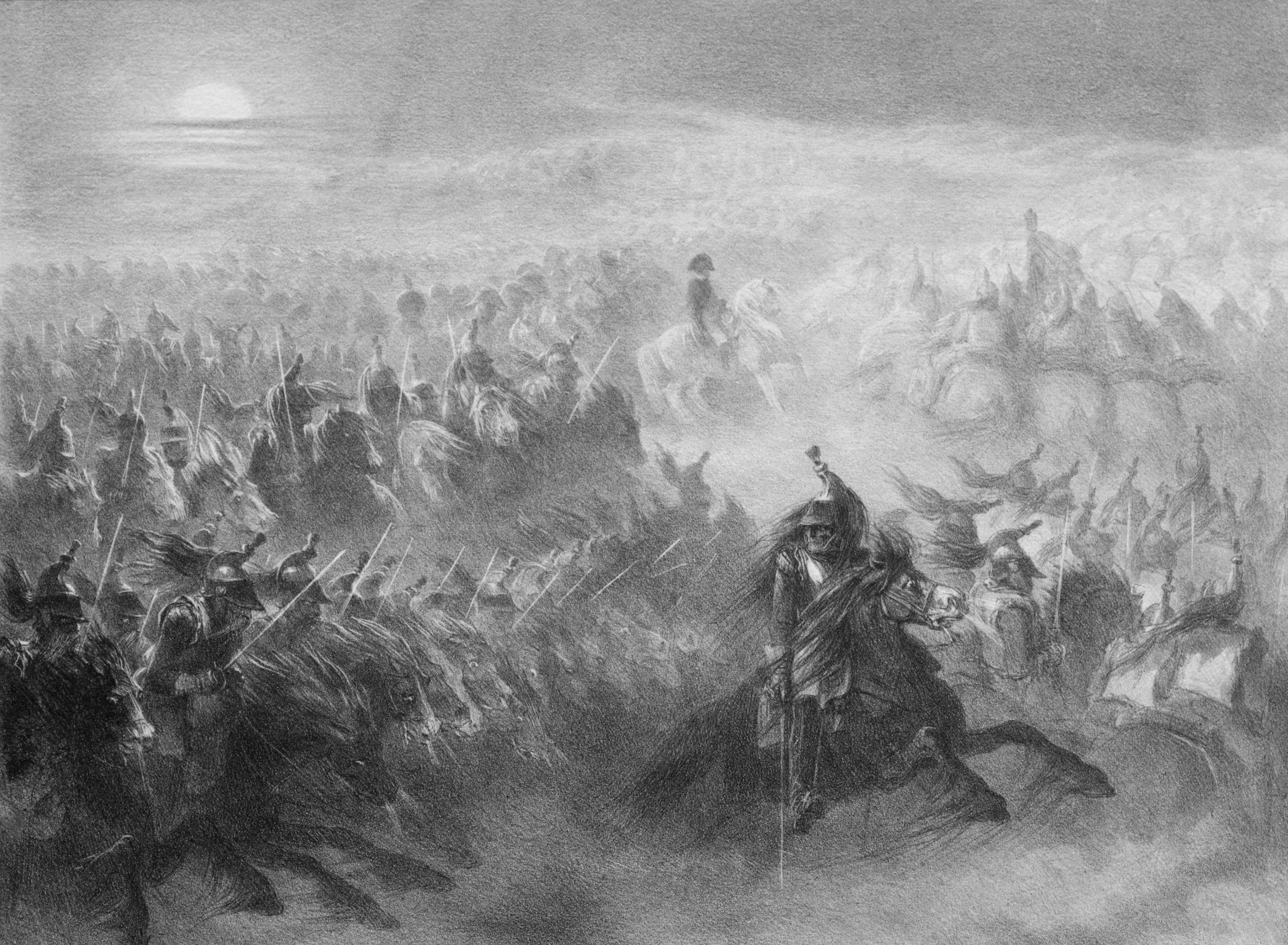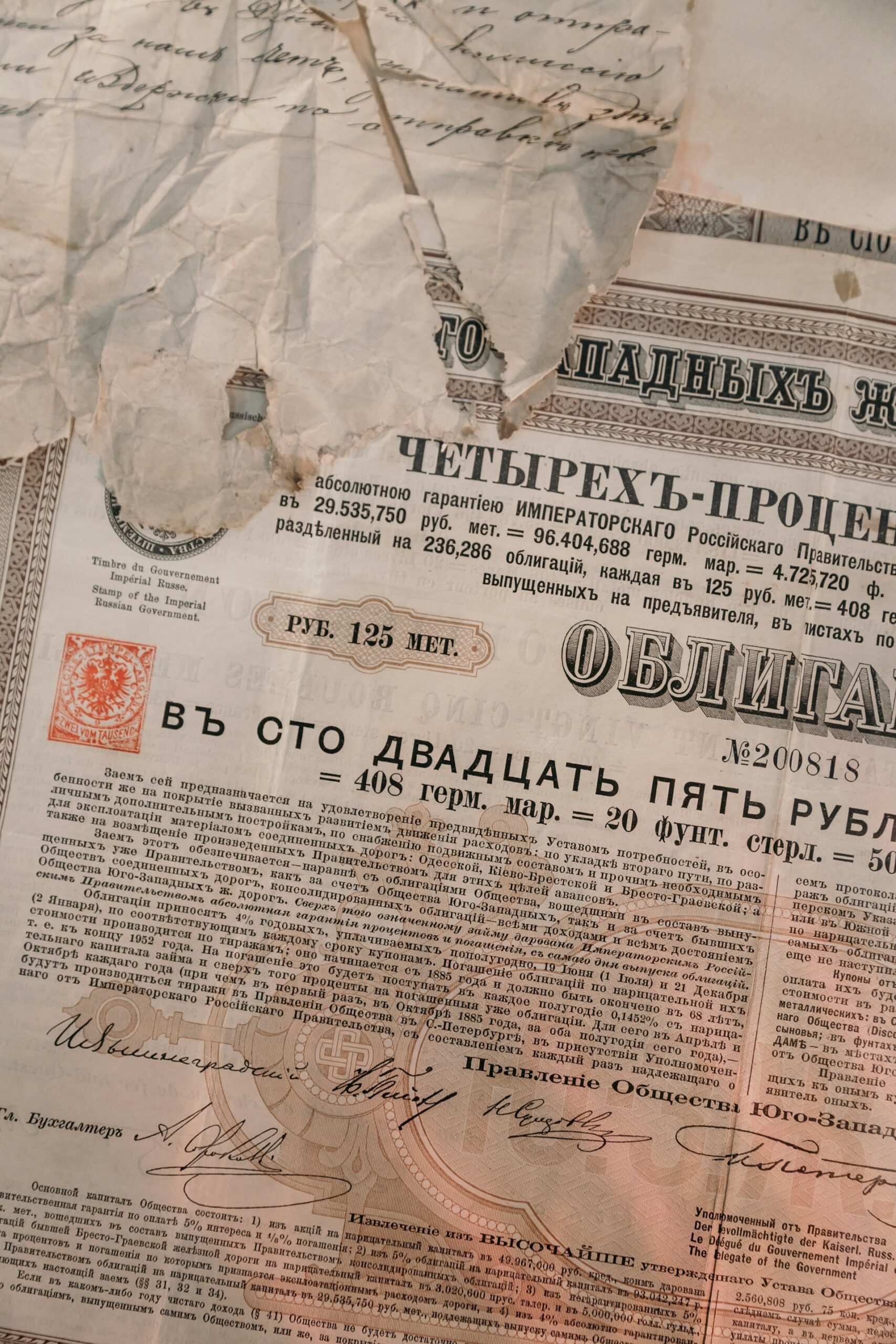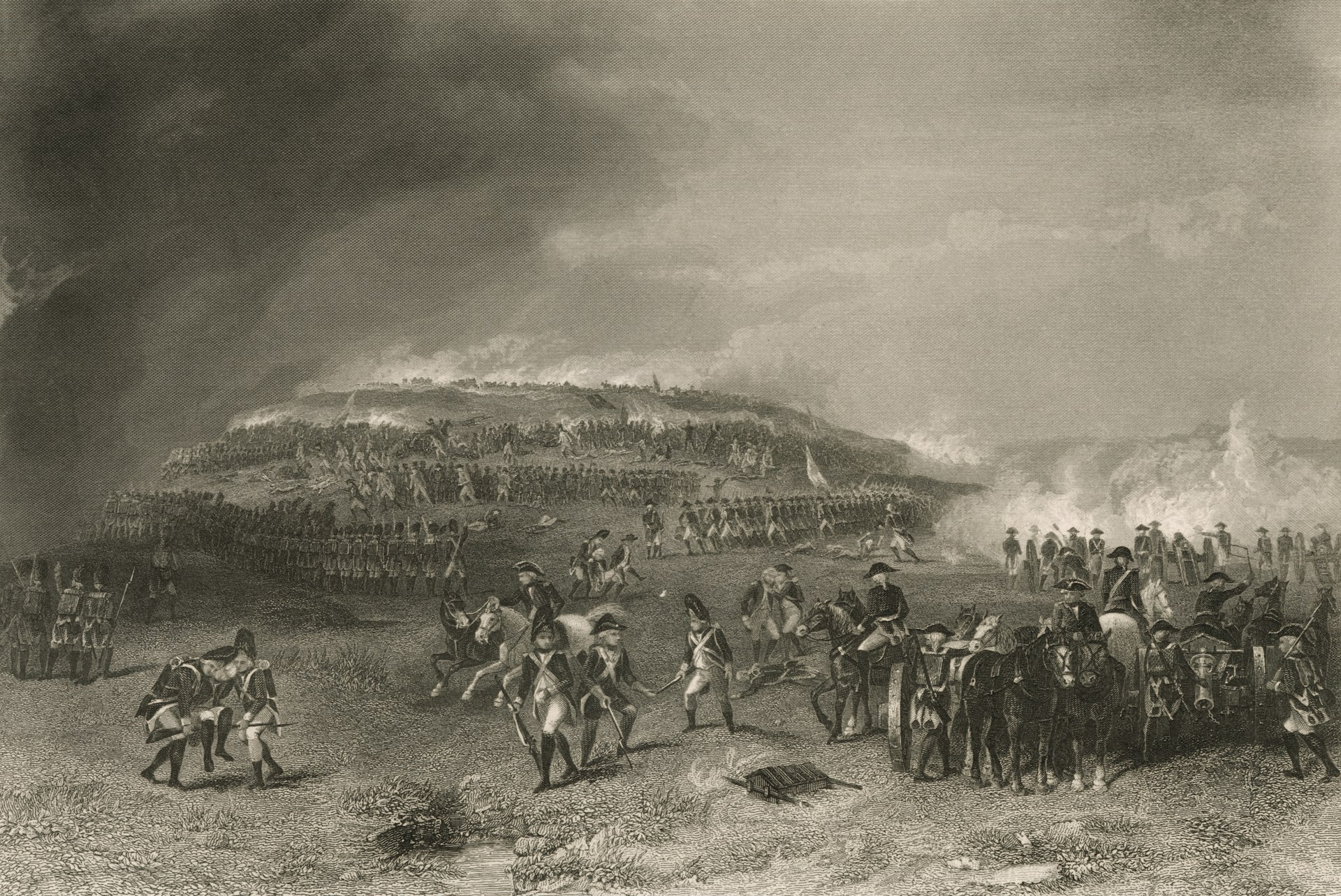How the Internet is Transforming Historical Research: Opportunities, Challenges, and Actionable Strategies

Photo by Jez Timms on Unsplash
Introduction: The Digital Revolution in Historical Research
The internet has profoundly altered the landscape of historical research. With the digitization of archives, online databases, and collaborative platforms, historians and students now have unprecedented access to sources and tools. This transformation brings both remarkable opportunities and complex challenges, requiring a new set of skills and strategies for anyone seeking to study the past effectively in the digital age [3] .

Photo by Romain Malaunay on Unsplash
Enhanced Accessibility: Opening Global Archives
One of the most significant impacts of the internet on historical research is increased accessibility to primary and secondary sources. Major institutions such as the Library of Congress and the British Library have digitized millions of historical documents, newspapers, and books, granting researchers around the world access to collections that were once geographically or physically restricted [2] . This democratization of information has enabled scholars in regions with limited physical resources-for example, universities in Nigeria-to engage in global research and contribute new perspectives [1] .
How to Access Digital Archives:
- Begin with the official websites of major libraries and archives. For U.S. materials, the Library of Congress provides extensive digital collections.
- For British sources, visit the British Library’s digital archive section.
- Use search terms like “digital archives” combined with your topic of interest in academic databases or search engines.
- If you are affiliated with a university, consult your institution’s library portal for licensed digital resources.
It is important to note that access levels may vary; some resources are open access, while others require institutional credentials or subscriptions.
Efficiency and New Research Tools
Digital platforms and tools have made historical research more efficient and interdisciplinary . Historians can search digitized texts in seconds, use databases to analyze large datasets, and employ Geographic Information Systems (GIS) to visualize historical data spatially. For example, GIS has enabled researchers to map the spread of diseases in 19th-century London, revealing the interplay between urban infrastructure and public health [2] .
Implementing Digital Tools:
- Explore introductory tutorials on GIS for historians, available through university websites and platforms like Esri or QGIS documentation.
- Use collaborative platforms such as Zotero for organizing and sharing research materials.
- Experiment with open-source software for textual analysis, such as Voyant Tools, and consider learning the basics of programming for custom data analysis.
Many universities and public libraries offer workshops on these digital skills. If you are starting independently, search for “digital history tool tutorials” for step-by-step guides and video walkthroughs.
Collaboration and Networking in the Digital Era
The internet has facilitated unprecedented collaboration among historians worldwide. Platforms such as GitHub and Zotero allow researchers to share data, code, and bibliographies, encouraging interdisciplinary approaches and fostering international research communities [2] . Online forums, social media groups, and academic networks make it easier to find collaborators and gain feedback on research ideas.
How to Join Digital History Communities:
- Register for academic mailing lists in your field (search for “history listservs” or “digital humanities networks”).
- Participate in online conferences and webinars hosted by universities, museums, or history societies.
- Engage with research groups on platforms like Humanities Commons or ResearchGate.
Most of these resources are accessible through simple online registration; however, some may require academic affiliation or recommendations.
Challenges: Context, Authenticity, and Inequality
Despite these advances, the internet introduces significant challenges for historical research. A primary concern is the loss of context in digitized documents. Digitization often involves selection and fragmentation, which can strip sources of their original context and lead to misinterpretation [3] . Transcriptions may be incomplete or inaccurate, and visual or sensory details present in physical archives are lost. Additionally, not all materials are digitized, creating gaps in the historical record [1] .
Addressing Contextual Challenges:
- Whenever possible, consult the original physical archives or request high-resolution scans and metadata from archivists.
- Study the provenance and digitization notes of each source to understand what has been included or omitted.
- Use multiple sources to cross-verify information and fill in contextual gaps.
Another challenge is the risk of inaccuracies and misinformation online. The open nature of the web means that not all information is peer-reviewed. According to studies, web-based historical knowledge can include errors and biases, though computational methods can help identify and correct statistical inaccuracies [4] .
Ensuring Reliability:
- Prioritize sources hosted by recognized academic institutions, libraries, or government archives.
- Check for author credentials, publication dates, and citations within digital documents.
- Supplement internet research with peer-reviewed journal articles, which can often be found through academic databases or your local library.
Finally, digital divides persist. Not everyone has equal access to high-speed internet, digital devices, or subscription-based databases. This can perpetuate inequalities in research capacity, especially in under-resourced regions [1] .
Alternative Approaches for Access:
- Many public libraries offer free internet access and research terminals; inquire about digital resource programs at your local branch.
- Some universities grant research access to non-affiliated scholars for specific projects; contact university libraries to ask about guest privileges.
- If access to a particular resource is restricted, consider reaching out to the archive’s reference staff for assistance or to request document scans.
New Methodologies and Analytical Approaches
The internet is not just a tool for finding information-it is changing how evidence is analyzed and organized . For example, the European Holocaust Research Infrastructure (EHRI) uses graph databases to integrate diverse archival materials, allowing researchers to trace connections between people, events, and documents in new ways [5] .
Practical Steps for Adopting New Methodologies:
- Familiarize yourself with the basics of data modeling and digital databases. Many universities offer introductory courses in digital humanities.
- Participate in workshops or webinars on advanced search techniques and digital evidence analysis.
- Consult with digital archivists or librarians for guidance on using new tools and integrating digital evidence into your research.
Adapting to these new approaches may require learning technical skills, but many institutions provide free resources or can recommend online courses. If you are not sure where to start, search for “digital history methodology course” or inquire at your local university’s history department.
Conclusion: Navigating the Future of Digital Historical Research
The internet has revolutionized historical research by expanding access, enabling new analytical methods, and fostering collaboration. However, it also introduces challenges relating to context, authenticity, and equality. To make the most of digital resources, researchers must combine critical thinking with digital literacy, seek out reputable sources, and remain vigilant about the limitations of online materials. By using the actionable strategies outlined above and continually developing new skills, historians and students can thrive in the digital age and unlock deeper insights into the past.
References
- [1] Perspectives on Africa (2013). Impact of the internet on historical research.
- [2] Arimaanokku (2024). Impact of Technology on Historical Research.
- [3] International Journal of Humanities and Cultural Studies (2019). Historical Research in the Digital Age: Opportunities and Challenges.
- [4] Roy Rosenzweig Center for History and New Media (2005). Web of lies? Historical knowledge on the Internet.
- [5] Quest: Issues in Contemporary Jewish History (2021). Historical Research and Evidence in the Digital Age.
MORE FROM oncecoupon.com













